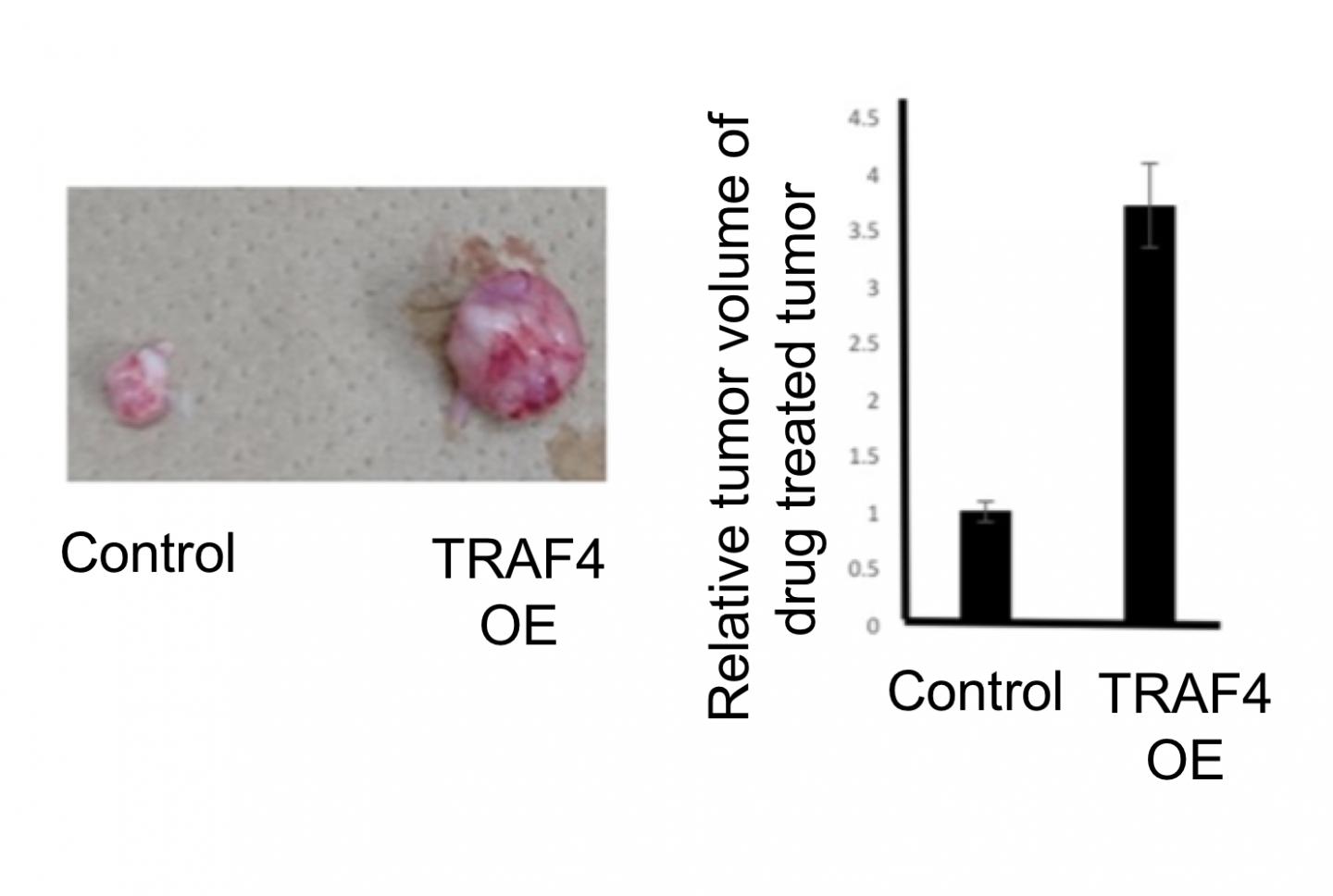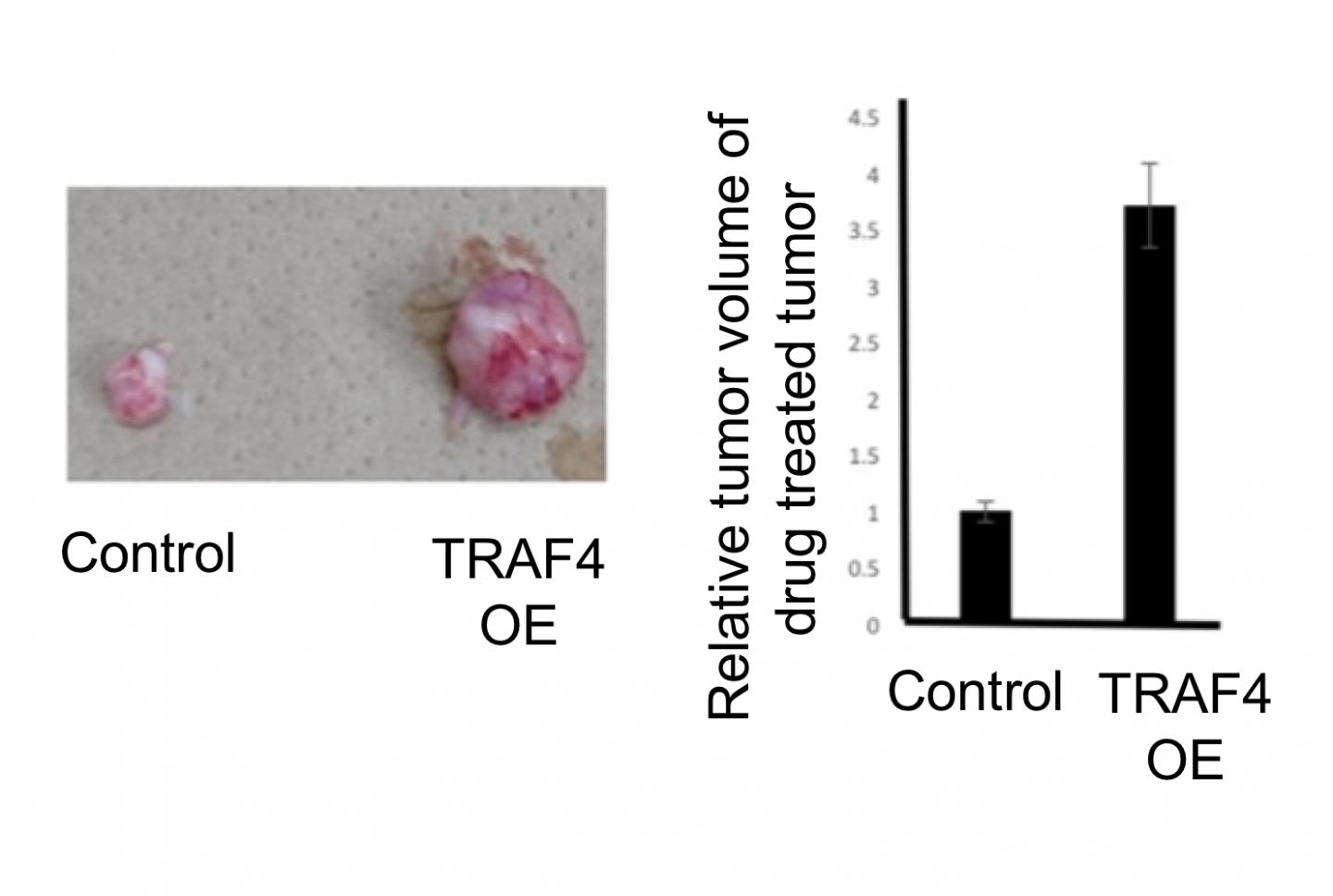
Credit: Osaka University
Osaka – In cancer, one of the most important features is the methylation of deoxycytosine to form 5-methylcytosine (5mC). DNA methylation is a process by which methyl groups (structural units of organic compounds consisting of three hydrogen atoms bonded to a carbon atom) are added to the DNA molecule.
The occurrence and distribution pattern of 5mC have been shown to be crucial for gene regulation and can serve as important biomarkers for diagnostics. Therefore, investigating the relationship between DNA methylation and transcription (the first step of gene expression) is important for the interpretation of cellular responses and development of novel therapeutic strategies.
Extensive DNA methylation and transcription analyses have provided large quantities of data; however, it is difficult to identify critical genes related to cancer development from these data. To that end, a team of Osaka University researchers transformed the large volume of data into a smooth function using Gaussian functions to extract appropriate information from the data – information that serves as a representative value of 5mC methylation.
"Tumors contain a subpopulation of cells, called cancer stem cells (CSCs), which are self-renewing and tumorigenic and play a role in the resistance against chemotherapy and radiotherapy," explains Masamitsu Konno, first author of the study reported in Scientific Reports. "We therefore aimed to determine the efficient methods of identifying therapeutic targets using a CSC model of the enzyme ornithine decarboxylase to characterize intracellular events based on the 5mC."
The new computational approach integrates gene expression level and methylation modification data, which allows the researchers to successfully identify TRAF4 as an important gene for chemoresistance. Through the method, the effectiveness of drugs for human gastrointestinal cancer, including esophageal cancer, was also determined. Abnormal TRAF4 expression has been reported in certain cancers, including breast, lung, and prostate cancers, but this is the first study to show that TRAF4 is important for possible regulation of functions in CSCs of human esophageal cancer.
"Our mathematical method can be used to simultaneously quantify and identify chemoresistant potential targets in gastrointestinal cancer stem cells," corresponding author Yuichiro Doki says. "Our results not only provide valuable information for the development of new therapeutics for esophageal cancer, but they also support the rationale for the large-scale screening of therapeutic targets of CSC drug development."
###
Osaka University was founded in 1931 as one of the seven imperial universities of Japan and now has expanded to one of Japan's leading comprehensive universities. The University has now embarked on open research revolution from a position as Japan's most innovative university and among the most innovative institutions in the world according to Reuters 2015 Top 100 Innovative Universities and the Nature Index Innovation 2017. The university's ability to innovate from the stage of fundamental research through the creation of useful technology with economic impact stems from its broad disciplinary spectrum.
Website: http://resou.osaka-u.ac.jp/en/top
Media Contact
Saori Obayashi
[email protected]
81-661-055-886
@osaka_univ_e
http://www.osaka-u.ac.jp/en
Original Source
http://resou.osaka-u.ac.jp/en/research/2018/20180119_3 http://dx.doi.org/10.1038/s41598-018-19284-3





